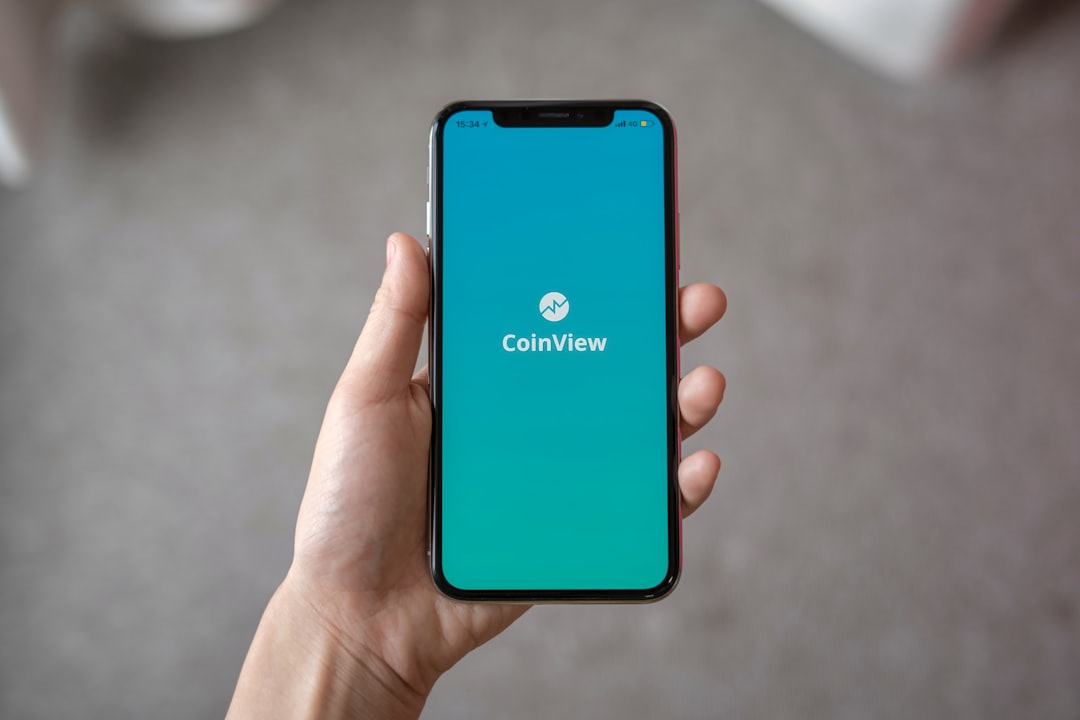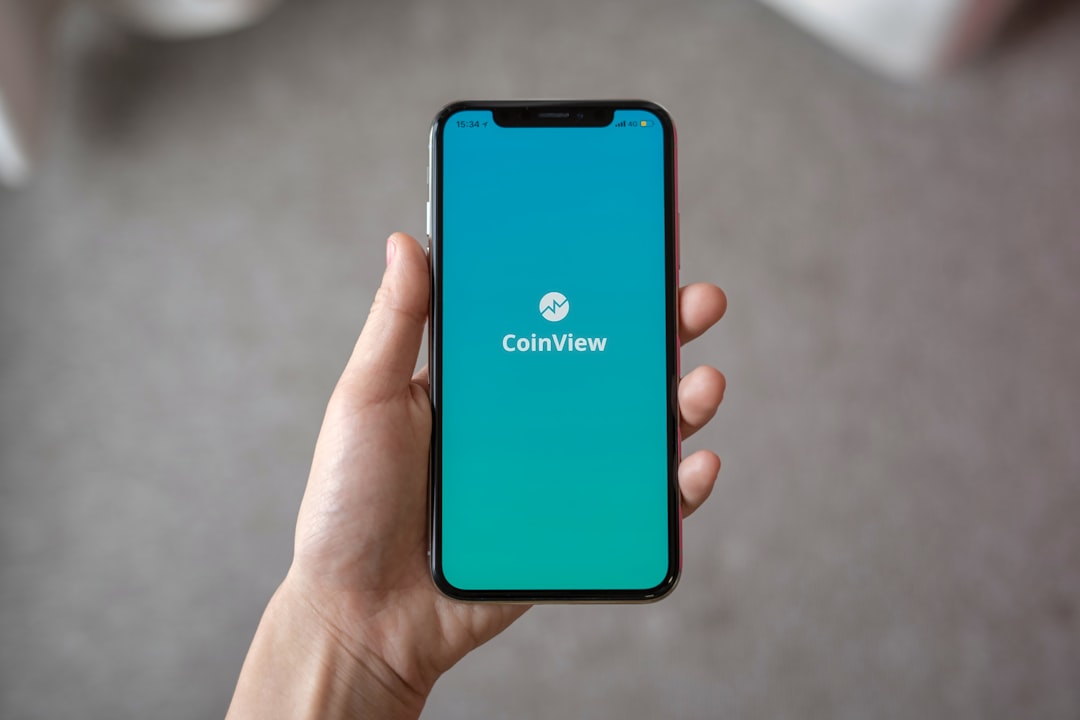The Iowa Department of Transportation (DOT) does not send toll payment requests via text messages to avoid spam and ensure security, warning Iowans to be cautious of suspicious toll payment texts that could be scams. Verify official communication channels like the DOT website or customer service line to protect personal and financial information from potential fraud. A spam texts lawyer in Iowa can help navigate legal issues arising from fraudulent activities, especially concerning unsolicited messages claiming to be from a spam texts Lawyer Iowa. Consumers must verify sender identities, scrutinize urgent requests, and avoid sharing sensitive data via text without confirmation to mitigate risks in the digital age.
“Iowa DOT remains steadfast in its commitment to secure payment processes, refraining from sending payment requests via text message. This stance contrasts with the growing trend of fraudulent activities associated with spam texts. Our article delves into the reasons behind this policy, exploring the dangers of unsolicited texts and potential legal ramifications. We also guide you on what actions to take if you encounter suspicious messages purporting to be from Iowa DOT, emphasizing the importance of seeking legal counsel from an Iowa spam texts lawyer for protection.”
Understanding Iowa DOT's Payment Policy

The Iowa Department of Transportation (DOT) has a clear stance on payment requests, emphasizing that they do not send such notifications via text messages. This policy is in place to prevent spam texts and ensure a secure method of communication. When it comes to toll payments or any financial transactions, Iowans should be vigilant against suspicious text messages, as these are often indicators of potential scams.
If you receive a text claiming to be from the Iowa DOT asking for payment, it’s advisable to verify the sender immediately. Contacting the official DOT channels, such as their customer service line or visiting their verified website, is the best course of action. This simple step can protect individuals from falling victim to scams and ensure that their personal and financial information remains secure, especially when dealing with sensitive matters like toll payments.
The Dangers of Spam Texts and Scams

In today’s digital age, text messages have become a ubiquitous form of communication. However, this convenience comes with inherent risks. Spam texts and scams are prevalent, targeting individuals across various sectors, including those in the legal field. A spam text Lawyer Iowa might seem like a legitimate request from a legal professional, but it could also be a cunning attempt to phish for personal information or financial details. These messages often masquerade as urgent communications, demanding immediate action, which can lead recipients to make hasty decisions without properly verifying the source.
The dangers of such interactions are significant. Malicious actors may use sophisticated tactics to trick individuals into disclosing sensitive data or even transferring funds. As consumers become more digitally adept, they must also develop a sharper instinct for identifying potential scams. Verifying the sender’s identity, scrutinizing urgent requests, and never sharing personal information via text without confirmation are essential practices to protect against these threats.
Legal Implications for Unwanted Text Messages

In today’s digital age, text messages have become a ubiquitous form of communication, but they also carry legal implications, especially when unsolicited. The Iowa Department of Transportation (DOT) has made it clear that it does not send payment requests via text message, and this policy is not only for the convenience of its citizens but also to avoid potential legal pitfalls associated with spam texts.
Unwanted text messages, often referred to as spam, can lead to legal issues for businesses or organizations if they fail to obtain proper consent from recipients. In Iowa, as in many other states, there are strict regulations regarding telemarketing and text messaging practices. A lawyer specializing in this area could advise that sending payment requests by text without explicit permission could result in violations of these laws, leading to fines and potential class-action lawsuits. Therefore, it’s crucial for entities to respect consumer preferences and avoid sending spam texts to protect themselves legally.
What to Do If You Receive a Suspicious Text from Iowa DOT

If you receive a text message claiming to be from the Iowa DOT asking for payment, it’s crucial to act swiftly and cautiously. Such spam texts are often fraudulent attempts to steal personal information or money. Never respond or provide any details; instead, verify the legitimacy of the request by contacting the official Iowa DOT channels directly. You can reach out to their customer service or visit their official website for confirmation.
In case of doubt, consulting a lawyer Iowa specialized in cybercrime or consumer protection could be beneficial. They can guide you on how to proceed and protect your rights from potential scams. Remember, official government agencies will never initiate payment requests via text message. Always look out for red flags like spelling errors, urgent demands, or unfamiliar contact information when dealing with such communications.






